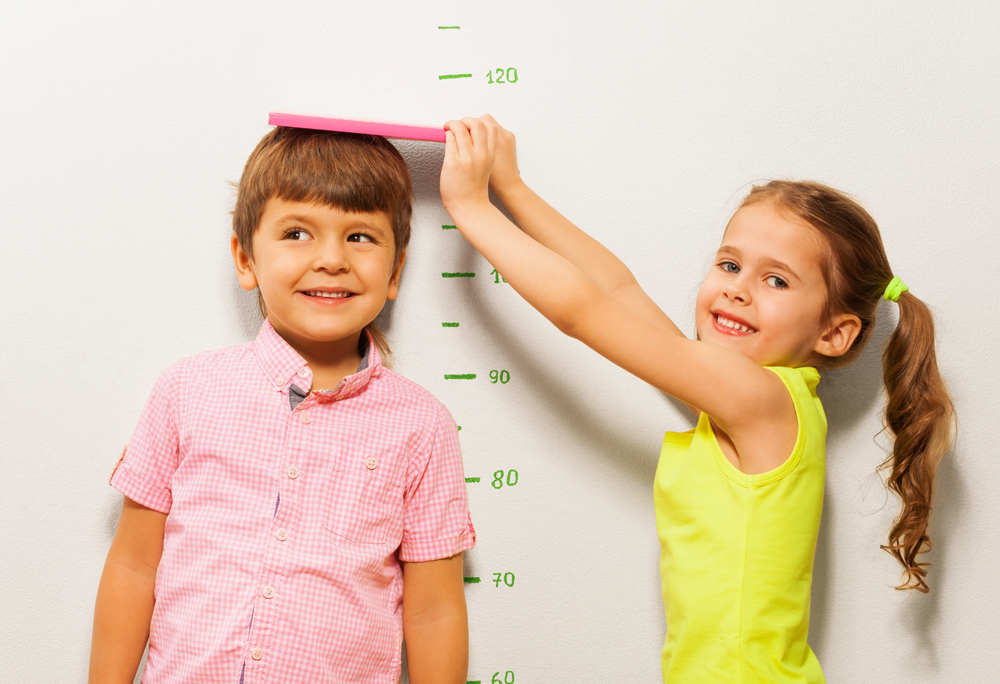Growth and Development Checklist for American Children
Growth and Development Checklist for American Children
Monitoring your child's growth and development is essential to ensure they are meeting key milestones. In the United States, pediatricians and parents often follow standardized guidelines to track progress in physical, cognitive, and social skills. In this post, we will present a month-by-month growth checklist and tips on how to support your child's development.
1. Newborn to 3 Months: Building the Foundation
Key Milestones
- Physical: Lifts head while lying on tummy, follows moving objects with eyes.
- Cognitive: Responds to sounds, recognizes familiar voices.
- Social/Emotional: Smiles in response to interaction, coos and makes gurgling sounds.
Care Tips
- Tummy Time: Helps strengthen neck and shoulder muscles.
- Talking and Singing: Encourages auditory and language development.
- Bonding Activities: Skin-to-skin contact and eye contact promote secure attachment.
2. 4 to 6 Months: Developing Motor Skills
Key Milestones
- Physical: Rolls over, sits with support, grasps toys.
- Cognitive: Explores objects with hands and mouth, shows curiosity.
- Social/Emotional: Laughs and shows excitement when playing.
Care Tips
- Play Mats: Encourage movement and exploration.
- Safe Grasping Toys: Improve hand coordination and fine motor skills.
- Face-to-Face Interaction: Strengthens social bonding.
3. 7 to 9 Months: Increased Mobility
Key Milestones
- Physical: Crawls, pulls to stand, begins cruising.
- Cognitive: Understands object permanence, responds to own name.
- Social/Emotional: Shows attachment to familiar people, may experience separation anxiety.
Care Tips
- Baby-Proofing: Secure furniture and block stairways.
- Interactive Games: Peek-a-boo and hide-and-seek foster cognitive skills.
- Social Interaction: Encourage interactions with other babies and family members.
4. 10 to 12 Months: First Steps and Words
Key Milestones
- Physical: Takes first steps, stands alone momentarily.
- Cognitive: Says simple words like "mama" or "dada."
- Social/Emotional: Imitates gestures and sounds, enjoys interactive play.
Care Tips
- Walking Aids: Use push toys to support early walking.
- Language Games: Encourage repeating simple words.
- Positive Reinforcement: Celebrate new achievements to build confidence.
5. 1 to 2 Years: Growing Independence
Key Milestones
- Physical: Walks steadily, runs, climbs.
- Cognitive: Begins problem-solving, points to objects when named.
- Social/Emotional: Shows defiance and independence, plays simple pretend games.
Care Tips
- Story Time: Encourage language development through reading.
- Building Blocks: Foster creativity and fine motor skills.
- Playdates: Enhance social interactions with peers.
6. 2 to 3 Years: Language Explosion
Key Milestones
- Physical: Jumps with both feet, kicks a ball.
- Cognitive: Forms simple sentences, follows two-step instructions.
- Social/Emotional: Displays a range of emotions and increasing empathy.
Care Tips
- Role-Playing Games: Support imagination and language skills.
- Outdoor Play: Develops physical coordination and balance.
- Routine and Structure: Helps manage tantrums and emotional outbursts.
7. 3 to 5 Years: Preschool Readiness
Key Milestones
- Physical: Hops on one foot, rides a tricycle.
- Cognitive: Counts to 10, knows some letters and colors.
- Social/Emotional: Cooperates with friends, shows curiosity about the world.
Care Tips
- Educational Games: Introduce counting and alphabet activities.
- Creative Projects: Drawing and crafting to build fine motor skills.
- Storytelling: Foster language and cognitive development.
8. Final Thoughts
Tracking your child’s development through each stage is crucial for identifying any areas that may need attention. Always consult with your pediatrician if you have concerns about your child’s progress. Regular checkups and consistent interaction are key to promoting healthy growth and development.
Related Keywords
Child development checklist USA, baby milestones, toddler growth milestones, preschool readiness, child care tips, child development support
Amazon best seller







Comments